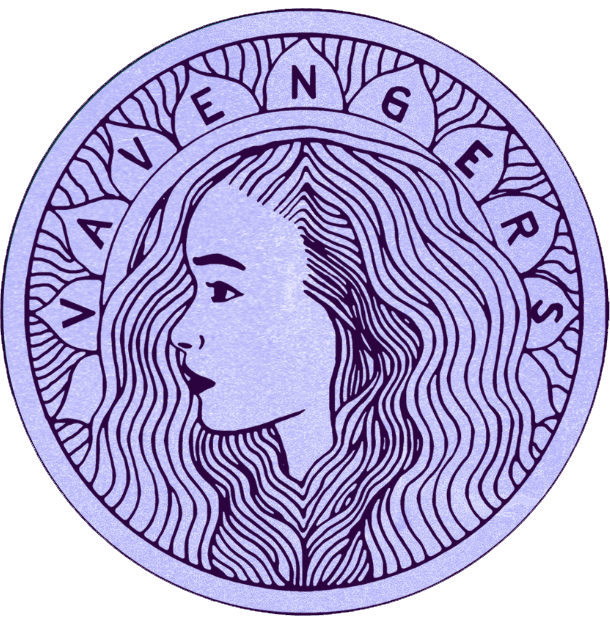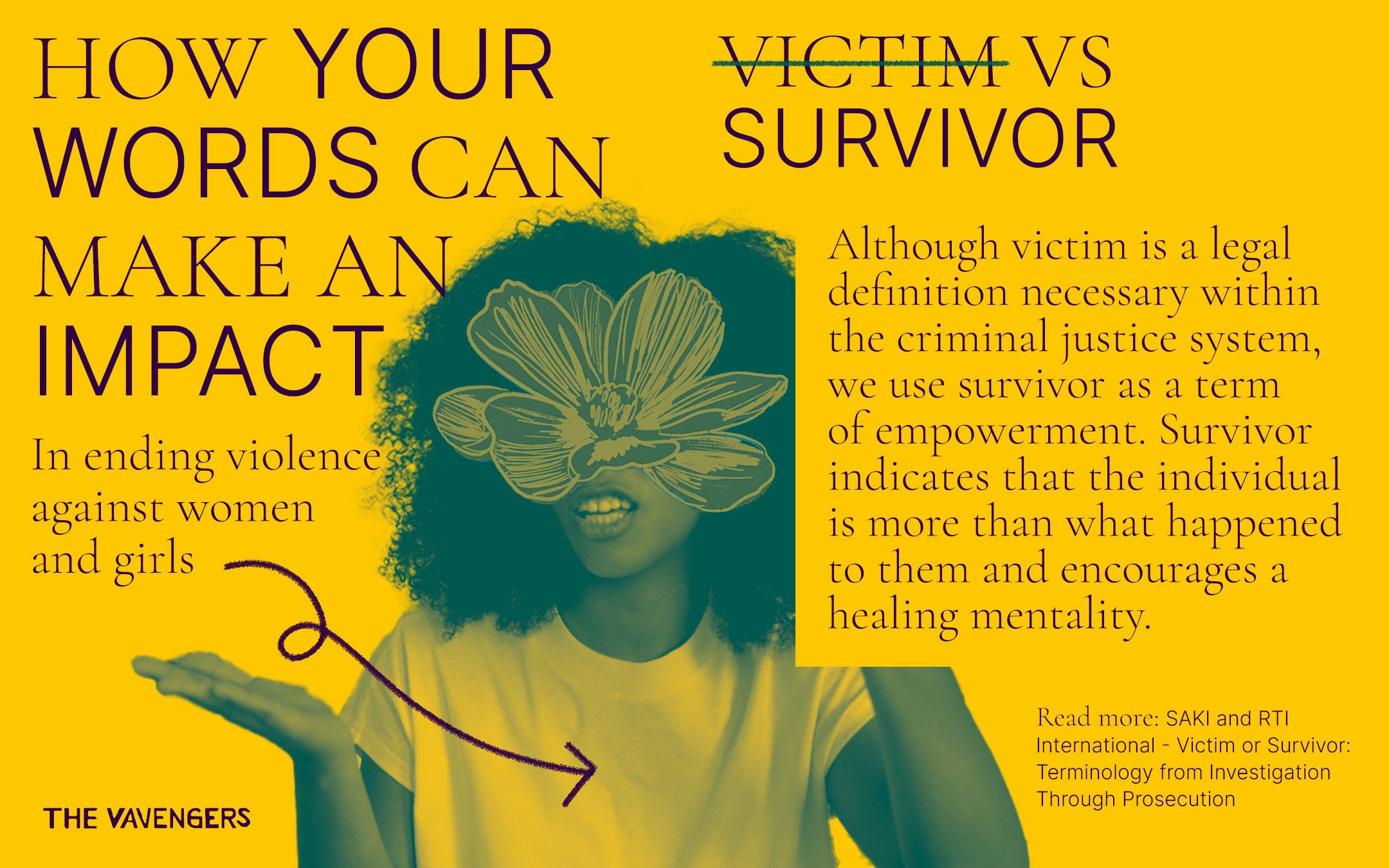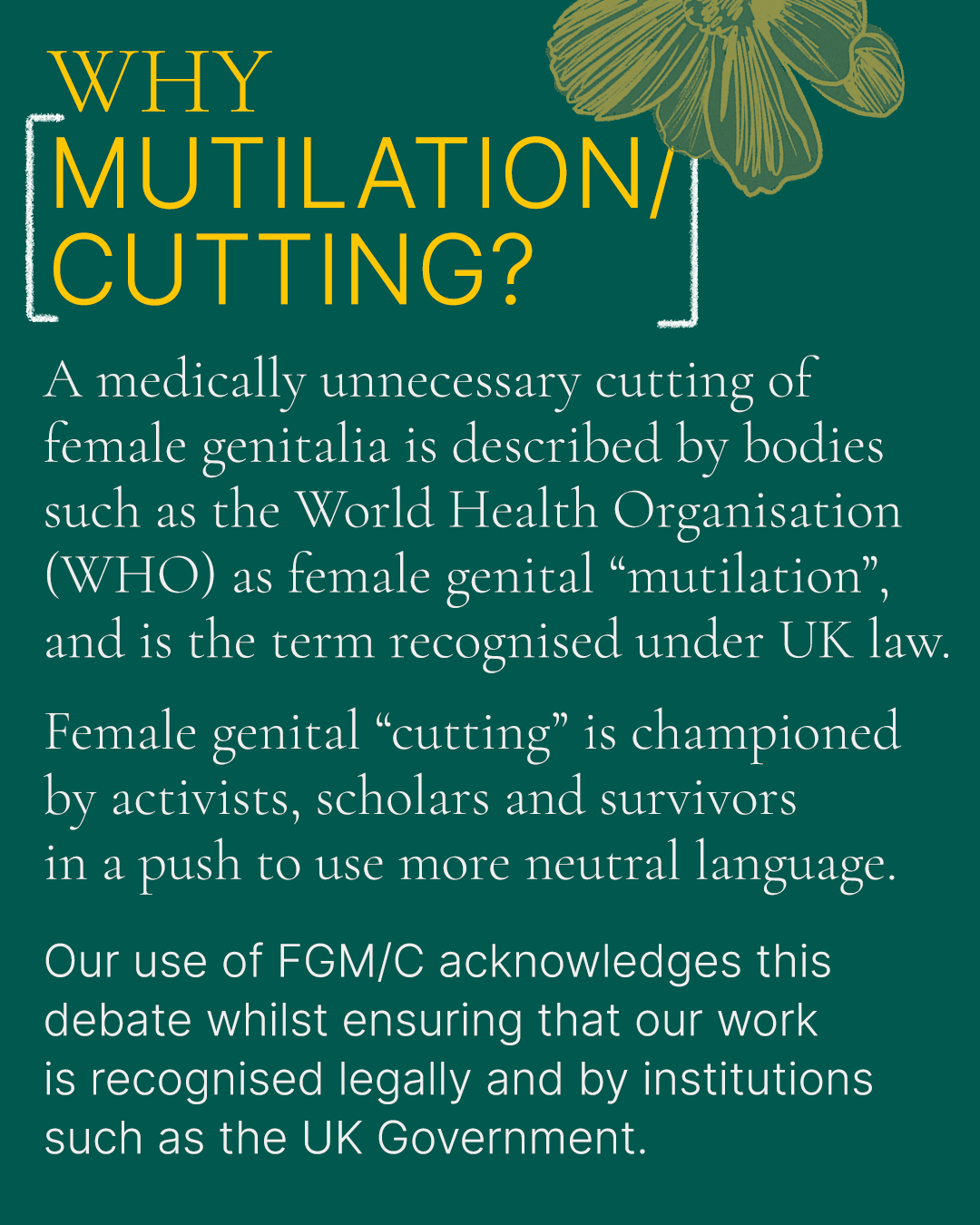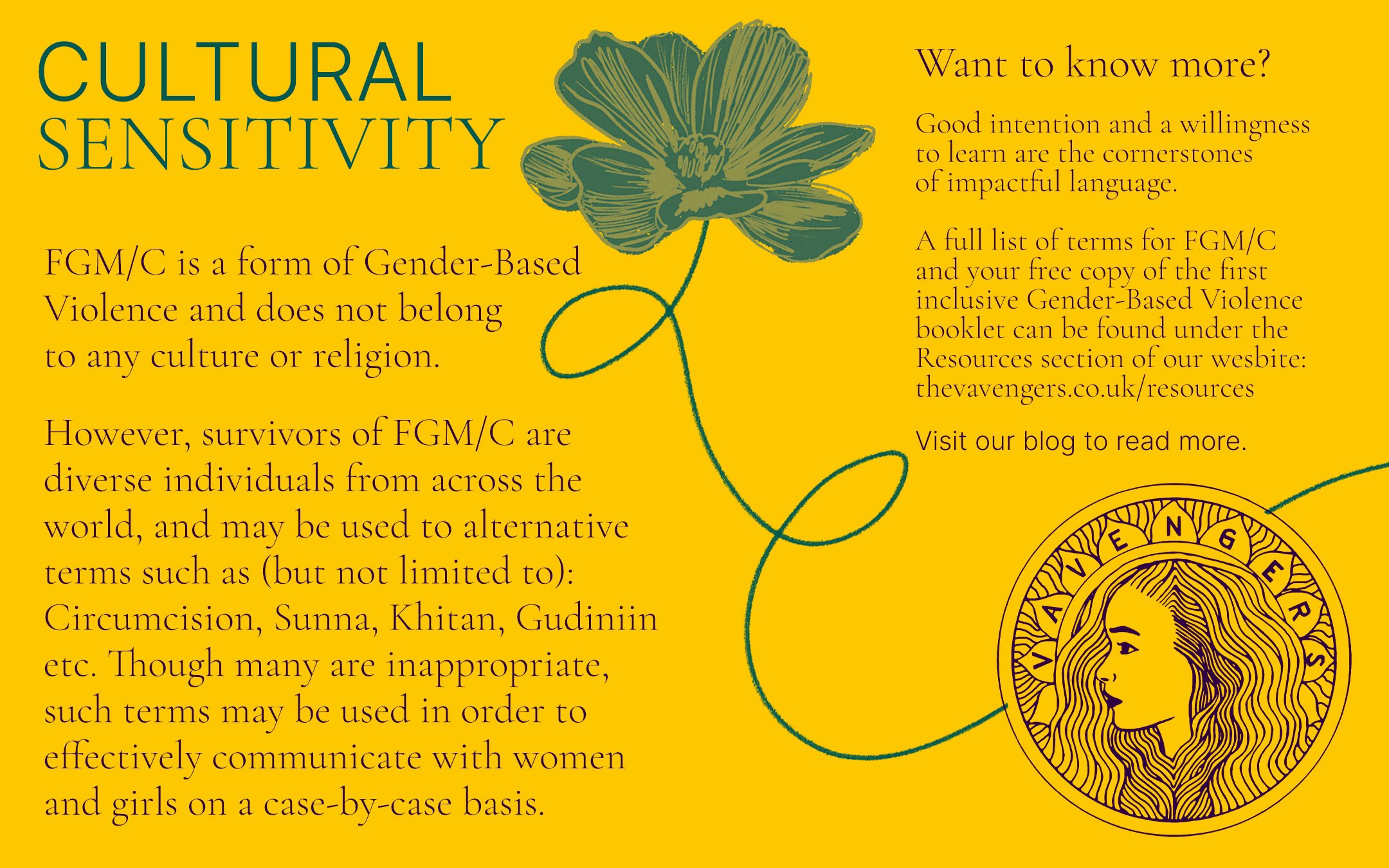How your words can make an impact in ending violence against women and girls
Trigger warning: Discussions of harmful language and terminology
Ending Violence Against Women and Girls requires the efforts of everyone across the world, we mean absolutely everyone. The best first step in your advocacy journey is to revise the language you use to talk about gender-based issues. We believe that language plays a huge part in creating lasting change as many terms can be harmful, sexist and exclusionary.
We wanted to share our thoughts on some of the highly-debated terminologies used in our field, and welcome sector professionals and members of the public to consider how their choice of language can make an impact.
VICTIM vs SURVIVOR
As a survivor-led organisation, we always struggled with the term victim. Although victim is a legal definition necessary within the criminal justice system, we use survivor as a term of empowerment, (SAKI and RTI International).
Members of our community often say that victim makes them feel powerless and defined by what happened to them. We prefer to use the term survivor to refer to anyone who has been subjected to a form of abuse, because they survived that abuse. Survivor indicates that the individual is more than what happened to them and encourages a healing mentality.
“When we produced our inclusive Gender-Based Violence informational booklet, many women and girls we support said this was the first piece of print material that didn’t feel clinical, and as survivors, they didn’t feel disrespected… The inclusive language used in this booklet played a major role in the successful outreach and outcome. In fact, we ran out of hundreds of copies within a few months as women and girls wanted to take this empowering piece of work home with them and share it with other women and girls in their network. The simple information supported with illustrations and pictures provided on sexual health & contraception in this booklet caused a birth control shot shortage in East London in the Autumn of 2022 as women and girls reading this document weren’t deterred by being referred to as victims.”
Hoda Ali, Co-founder and Trustee
FGM/C
Medically unnecessary ritual cutting of female genitalia is described by bodies such as the World Health Organisation (WHO) as female genital “mutilation”, and is the term recognised under UK law. Female genital “cutting” is championed by activists, scholars and survivors in a push to use more neutral language. Our use of FGM/C acknowledges this debate whilst ensuring that our work is recognised legally and by institutions such as the UK Government. We believe that change starts with our words, and we will not wait for institutional approval to begin our use of inclusive terms.
Cultural Sensitivity
FGM/C is a form of Gender-Based Violence and does not belong to any culture or religion. However, survivors of FGM/C are diverse individuals from across the world, and may be used to alternative terms such as (but not limited to): Circumcision, Sunna, Khitan, Gudiniin etc. Though many are inappropriate, such terms may be used in order to effectively communicate with women and girls on a case-by-case basis. A full list of terms for FGM/C and your free copy of the first inclusive Gender-Based Violence booklet can be found under resources.
More on Circumcision
The comparison of FGM/C to male circumcision is a popular retaliation response that we activists have to mediate when educating people on what FGM/C is. FGM/C isn’t circumcision and cannot be compared to male circumcision. Unlike FGM/C, male circumcision does not alter the function of the genitalia. Medically, the two represent vastly inequivalent damage. To better understand what FGM/C is, we produced illustrations that explain the four types of FGM/C:
Women and Girls
If you are a regular Vavengers follower or blog post reader, you would have noticed by now that we always use ‘women and girls’ as opposed to the sweeping ‘women’. We make sure to always call out any agency that refers to girls as women. It is essential that we separate the two, as the experiences of girls are vastly different to those of women.
Girls are not women, they are children, and require additional protections. Adultification is a bias targeted toward children, especially minoritised girl children. Adultification is when ‘notions of innocence and vulnerability are not afforded to certain children’ (Moore, 2022). When girl children are referred to as women, many issues such as child labour and child marriage are normalised through language.
VAWG and GBV
Violence Against Women and Girls (VAWG) and Gender-Based Violence (GBV) are blanket terms used to describe all forms of abuse and violence inflicted upon a person because of their gender. These are inclusive terms to describe an array of issues and are terms that do not blame survivors.
Survivor-blaming & shame culture (widely known as victim-blaming)
96% of women and girls we work with reported that they instantly felt more confident to talk about problems they were facing after only one Vavengers workshop. Everything we do is with survivors in mind, which is why we take extra steps to ensure that our voices never shame women and girls for the abuse they have endured. Nobody should have to try and assess why an abuse has happened to them, or question whether it was their fault or not.
Patriarchal standards mean that far too often women and girls’ choices are blamed more than those of the perpetrator. It is not what they wore, what time they were out until, or who they were talking to. Women and girls are entitled to live free, safe and happy lives. Gender should not determine one’s access to safety.
‘Honour’-Based Violence (HBV)
‘Honour’-Based Violence (HBV) is a damaging term as it creates a distorted understanding of what honour actually means. There is no honour in violence. We use Oppression-Based Violence in place of HBV, though we still have to refer to this form of violence as HBV in some documents, though we often structure our language in the following manner:
“Oppression-Based Violence (also widely known as Honour-Based Violence).”
BAME and BME
BAME (Black Asian and Minority Ethnic) or BME (Black and Minority Ethnic) are two commonly used terms that are exclusionary and damaging. Such terms blanket all minoritised peoples in regions by way of centering the West.
The term minoritised is used by our team as it covers the many minoritisation processes and people. As a racially diverse team, we believe that it is important to refer to people’s individual races and experiences without using a term that might exclude them as individuals. In 2022, the Race Disparity Unit in the UK acknowledged the use of BAME or BME to be discriminatory and damaging and released a statement and a change plan.
Shero, Girl Boss, Boss Woman, She.E.O
The word hero comes so naturally to people when describing men with outstanding achievements. Mainstream media has long presented mythical ideas of men as powerful, and women as weak; men as logical, and women as hysterical; men as intelligent, and women as foolish; and so on…
Women with outstanding achievements are still dealing with these antiquated and sexist stereotypes. Shero, Girl Boss, Boss Woman and She.E.O may all seem like positive terms, but they actually diminish a woman’s success to a level that is not quite good enough for her to be considered a real hero, boss or CEO. We need to re-examine why most don’t picture a woman when we say CEO or boss, starting with moving away from these sexist terms.
It can sometimes feel overwhelming when you want to speak up for what is right, but fear saying the wrong thing. Making small, conscious choices such as using survivor over victim can have a huge impact upon the way in which our society views, and treats, women and girls.
Credit
Blog Co-Authors: Sema Gornall & Ellie Melvin
Editor: Ellie Melvin
Brand & Image Designer: Megan Barclay
Resources
Sexual Assault Kit Initiative and RTI International, Victim or or Survivor: Terminology from Investigation Through Prosecution, https://sakitta.rti.org/toolkit/index.cfm?fuseaction=tool&tool=80
Dr Robin Moore, “Foreword”, Adultification bias within child protection and safeguarding, HM Inspectorate of Probation Academic Insights, 2022 https://www.justiceinspectorates.gov.uk/hmiprobation/wp-content/uploads/sites/5/2022/06/Academic-Insights-Adultification-bias-within-child-protection-and-safeguarding.pdf.
GOV.UK, Why we no longer use the term ‘BAME’ in government, Race Disparity Unit, 2022 https://equalities.blog.gov.uk/2022/04/07/why-we-no-longer-use-the-term-bame-in-government/




